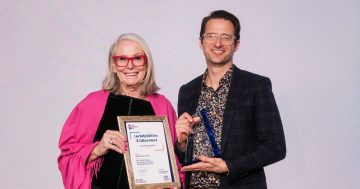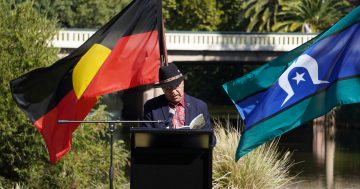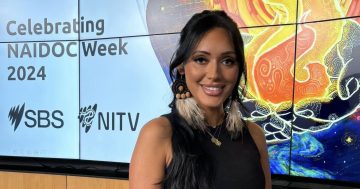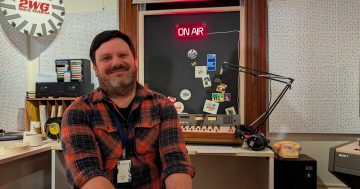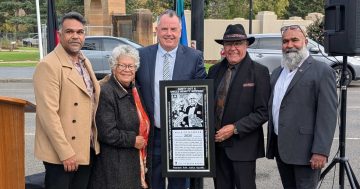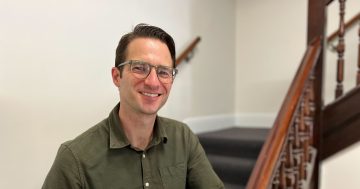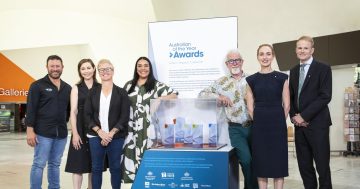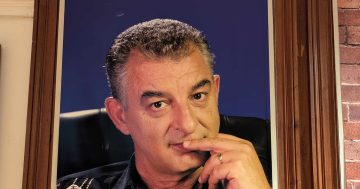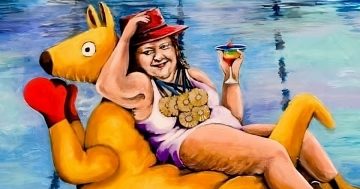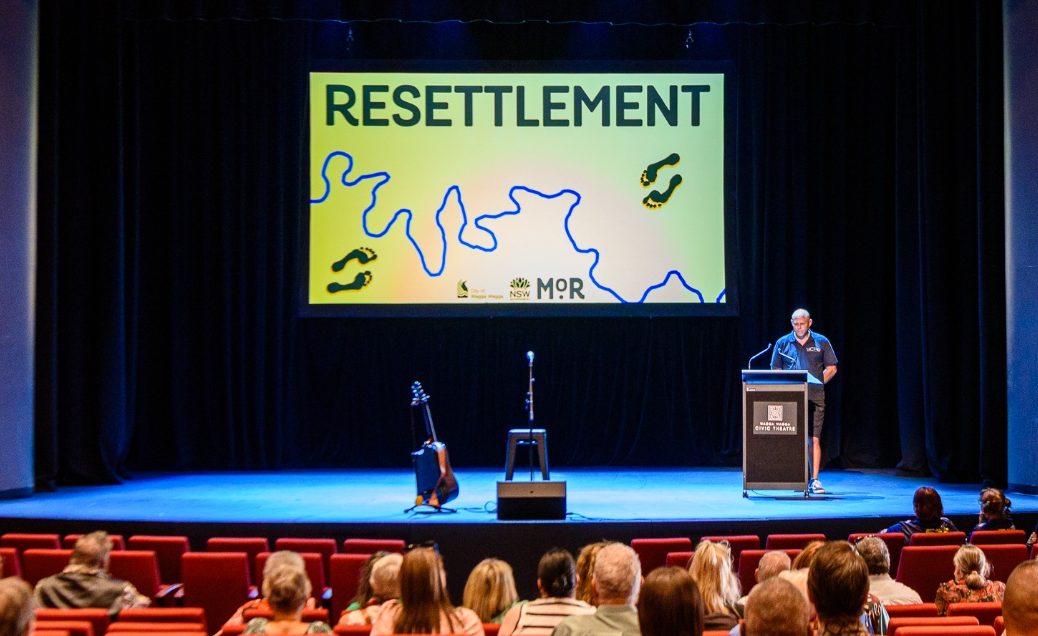
The Museum of the Riverina’s podcast series Resettlement: Wiradyuri Gawaymbanha-gu Mamalanha has received acclaim from the NSW Government. Photo: City of Wagga Wagga.
In February the Museum of the Riverina began a new podcast series with the purpose of telling the stories of the region’s First Nations people.
Specifically, the project details the experiences of Aboriginal families who were moved to Wagga under the Aboriginal Family Resettlement Scheme of the 1970s and 80s.
The scheme encouraged Indigenous families to resettle in large rural hubs such as Wagga Wagga to be closer to essential services such as hospitals, schools and legal support.
Wagga Wagga City Council and the Wagga Library backed the podcast, which was brought to life as part of WWCC’s Innovate Reconciliation Action Plan and funded by a NSW Government Community Heritage Grant.
It has since spawned seven episodes featuring the stories and voices of nine First Nations community members.
Now, with the series officially wrapped, Resettlement: Wiradyuri Gawaymbanha-gu Mamalanha has been awarded the 2025 NSW Local Government Professionals Excellence Award for Community Development.
The project’s cultural advisor Aunty Dot Whyman said everyone involved was “really thrilled”.
“We’re very proud of this, we are all winners on the Resettlement podcast project and are honoured to have received the award,” she said.
“Congratulations to all who participated in this project and special thanks to Luke Grealy, as it was part of his dream to have this developed and we all made this dream become a reality and we are very honoured for the Wagga Wagga community.”
The Resettlement podcast is the first of its kind, with many hours of research and production to ensure its accuracy and reach.
Museum of the Riverina manager Tim Kurylowicz said many, many hours went into the project to ensure it was as accurate, respectful and informative as possible.
“Wagga has got this fascinating history and its recent history of the Indigenous resettlement program,” Mr Kurylowicz said.
“The Resettlement scheme brought hundreds and hundreds of Wiradjuri people back to Wagga Wagga and from there we’ve seen a flourishing of contemporary Wiradjuri and First Nations culture and history and identity here in the Riverina.
“This podcast really looks at the story of these key families and leaders who played a part in our modern Aboriginal story.
“Recording people and telling their story is something that museums have been doing for a long, long time. But that’s not quite the same as what a podcast is, which requires that storytelling element, the editing, the pre-planning and the structuring of the audio to be more attuned to the listener’s needs.
“What makes the Resettlement project so successful is that the museum team put that effort in right at the start. When they sought funding, they proposed that this would be a podcast and that it would be not just about capturing stories, but making sure those stories get heard.
“We consulted with a professional podcast firm, Audio Craft, to assist us in making sure we structured things correctly and made sure that we put together a final product that would be useful to people and enjoyable to listen to. I think it’s done a really good job in that regard.”
Mr Kurylowicz said the nature of podcasting allowed for a whole different range of local stories to be told in a medium that was accessible to a range of people.
“Projects like this add a lot of workload. And they can be challenging to do, but they also build the capacity of your team locally,” he said.
“It is exciting that the people of Wagga can be very happy knowing that their local Regional Museum is working at the highest level and has been recognised (by the NSW Government) for that.
“We here at the Museum are gaining the skills to make sure that we tell more of our local stories and that we are using the best medium possible to deliver those stories.”
Resettlement: Wiradyuri Gawaymbanha-gu Mamalanha can be heard on the Museum of the Riverina’s website or wherever you get your podcasts.







